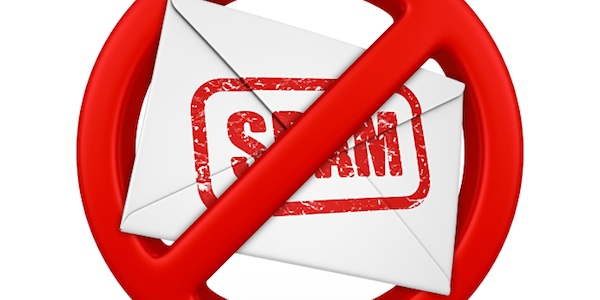Further underscoring its commitment to eliminating or reducing unwanted marketing communications for Canadians, the Canadian Radio-television and Telecommunications Commission (CRTC) has signed a memorandum of understanding with the U.S. Federal Trade Commission (FTC).
The pact, which relates to unsolicited telecommunications, spam and other “unlawful” electronic threats, was signed by FTC chair Edith Ramirez and CRTC chair Jean-Pierre Blais at the U.S. Embassy in Ottawa.
Canada’s federal broadcast and telecommunications regulator said the memorandum of understanding “incorporates and solidifies” the two bodies’ commitment to cooperating on enforcing Canadian and U.S. spam and telemarketing laws.
It will also allow both bodies to facilitate research and education related to unauthorized communication. Both regulatory bodies plan to share knowledge and expertise through training programs and staff exchanges, and to inform each other of developments relating to the laws regarding unsolicited communications.
In a statement, Blais said working closely with international partners such as the FTC increased the CRTC’s effectiveness in reducing spam and unsolicited telemarketing, which has the potential to “undermine” Canadians’ confidence in the country’s communication system.
“This [memorandum] will strengthen our efforts to protect those systems and their users, and to deter spammers and telemarketers who do not respect the relevant laws and rules in place,” he said.
The announcement follows a speech Blais made to the Canadian Marketing Association (CMA) last week, in which he pledged the country’s anti-spam legislation was only going to get tougher. He urged the CMA to continue empowering its members with information and insight required to help them comply with its rules and laws.
The memorandum underscores the long-time cooperation between the CRTC and FTC, which also serve together on the executive committee of the London Action Plan – a network of international spam and unsolicited communications enforcement agencies. The two government bodies also partner on investigations related to so-called “robocalls.”
More than 12.5 million Canadian phone numbers have been registered with the National Do Not Call List (DNCL) since its 2008 debut, with a recent CRTC report stating an average of 1,600 new numbers are registered each day.
However, the report also underscores just how much work remains to be done in the space, noting that telemarketers made more than 25 million non-compliant calls to Canadians in the 12-month period ended March 31, 2015. The CRTC’s investigations saw it issue nearly three-dozen notices of violation totalling more than $2 million in penalties.
The violators included a Florida-based travel company that used “robocalls” to contact tens of thousands of Canadians offering free cruises to the Bahamas in exchange for answering a survey. The company paid a penalty of $200,000 for rule violations including failing to display an originating phone number and failing to obtain consumer consent prior to initiating the calls.
There have been more than 11,000 telemarketer registrations with the DNCL, including 550 registrations from outside of Canada (primarily the U.S.). The report said 875 telemarketers were registered with the DNCL operator in the 2014-15 reporting period, a 23% increase from the previous year.











